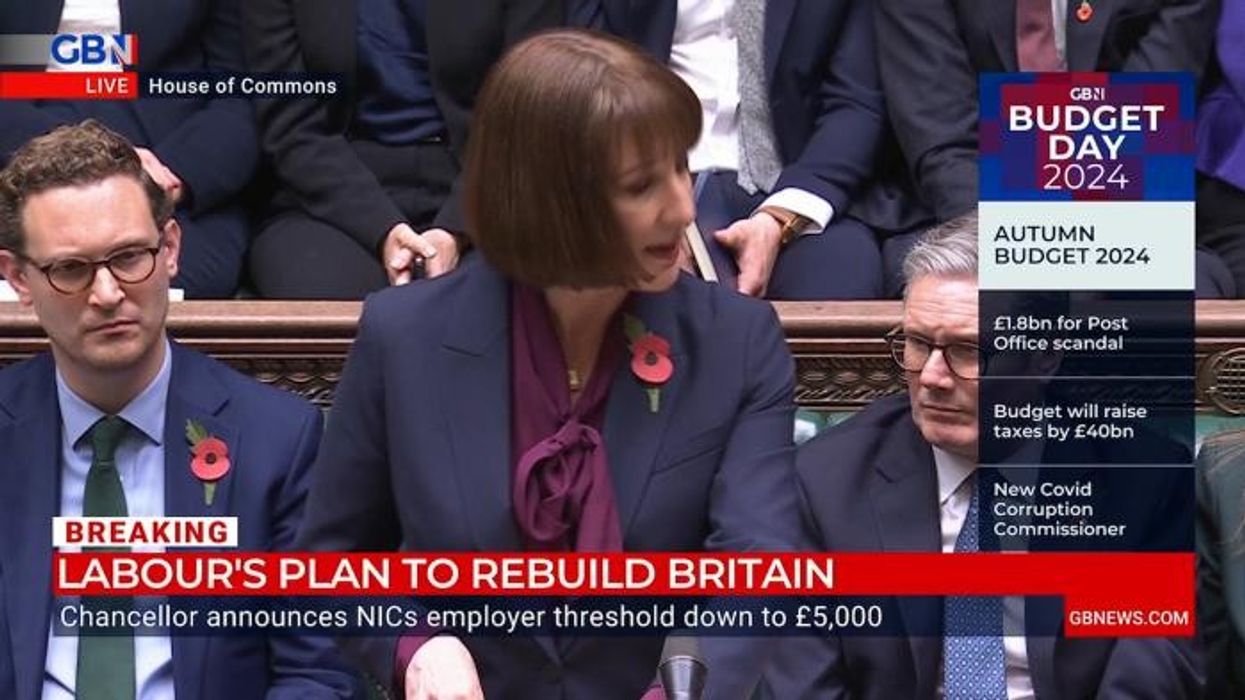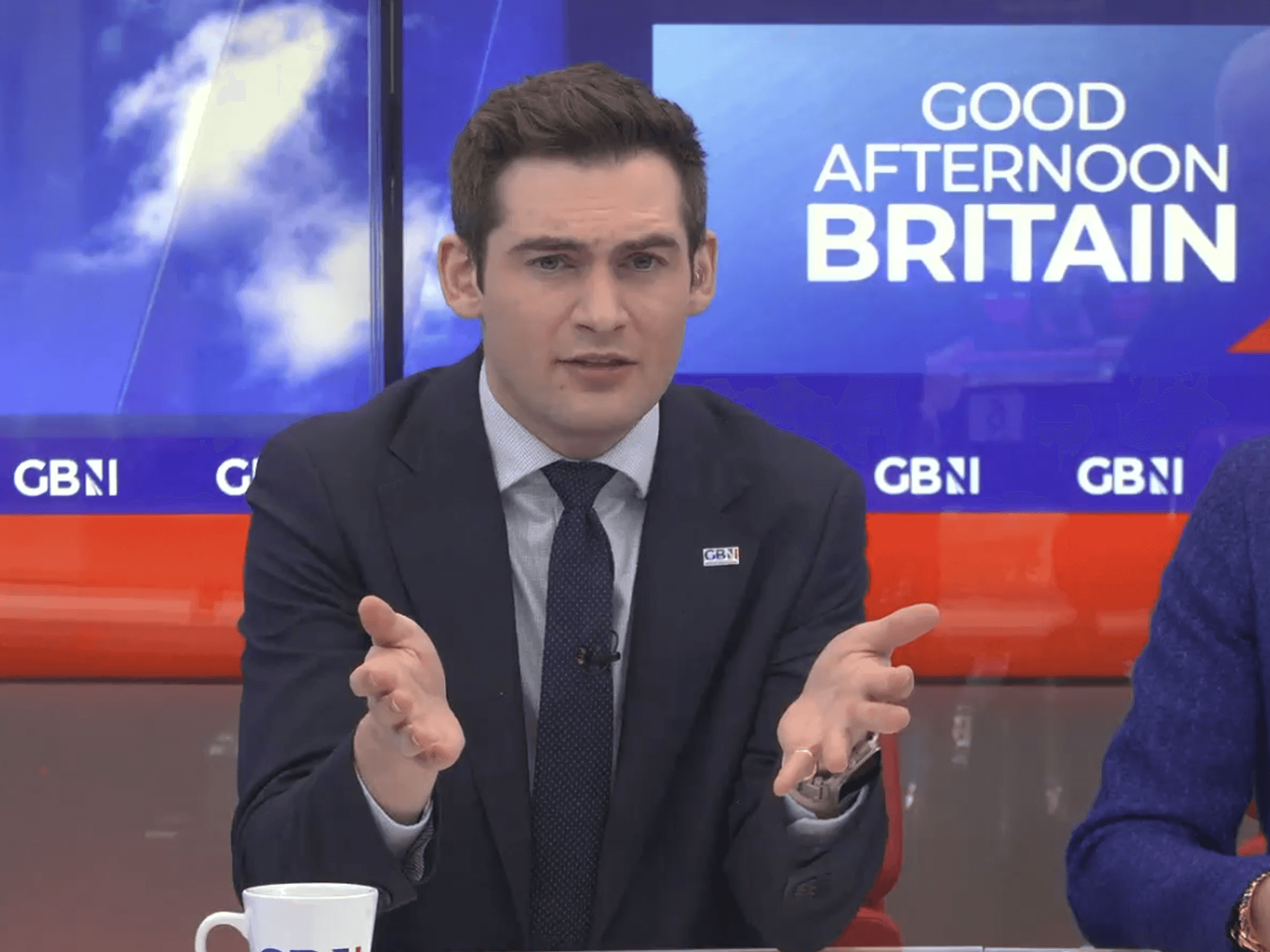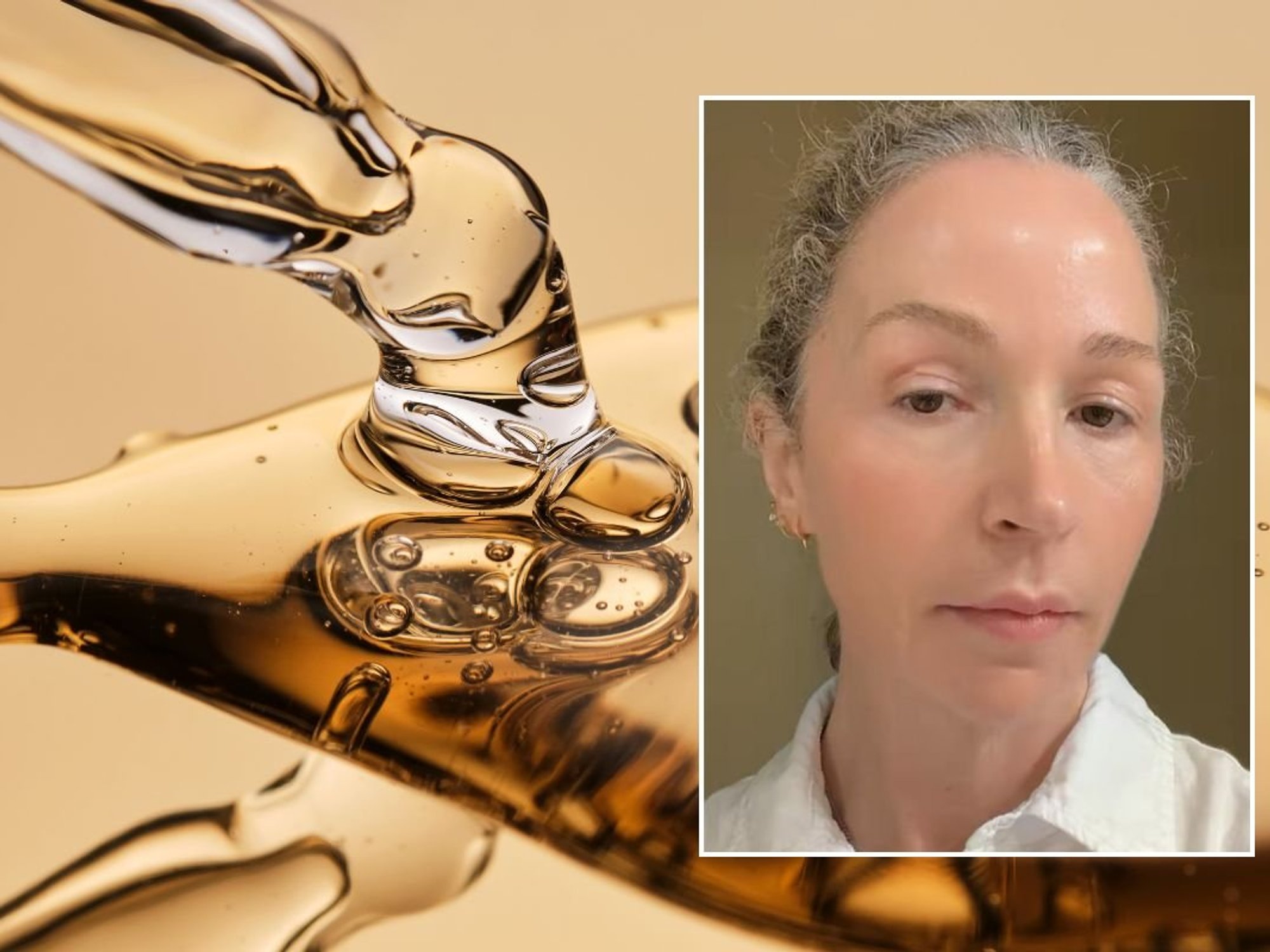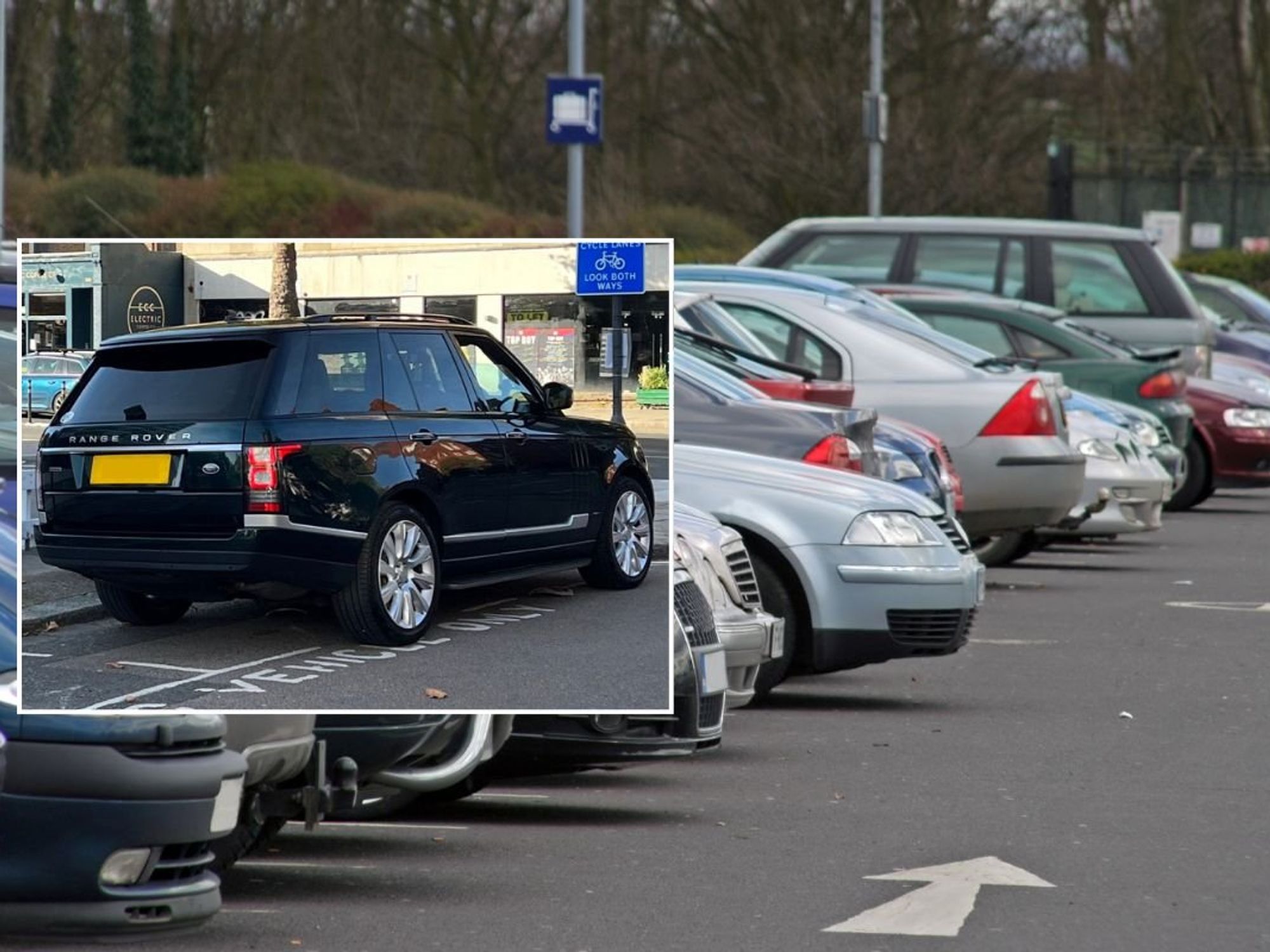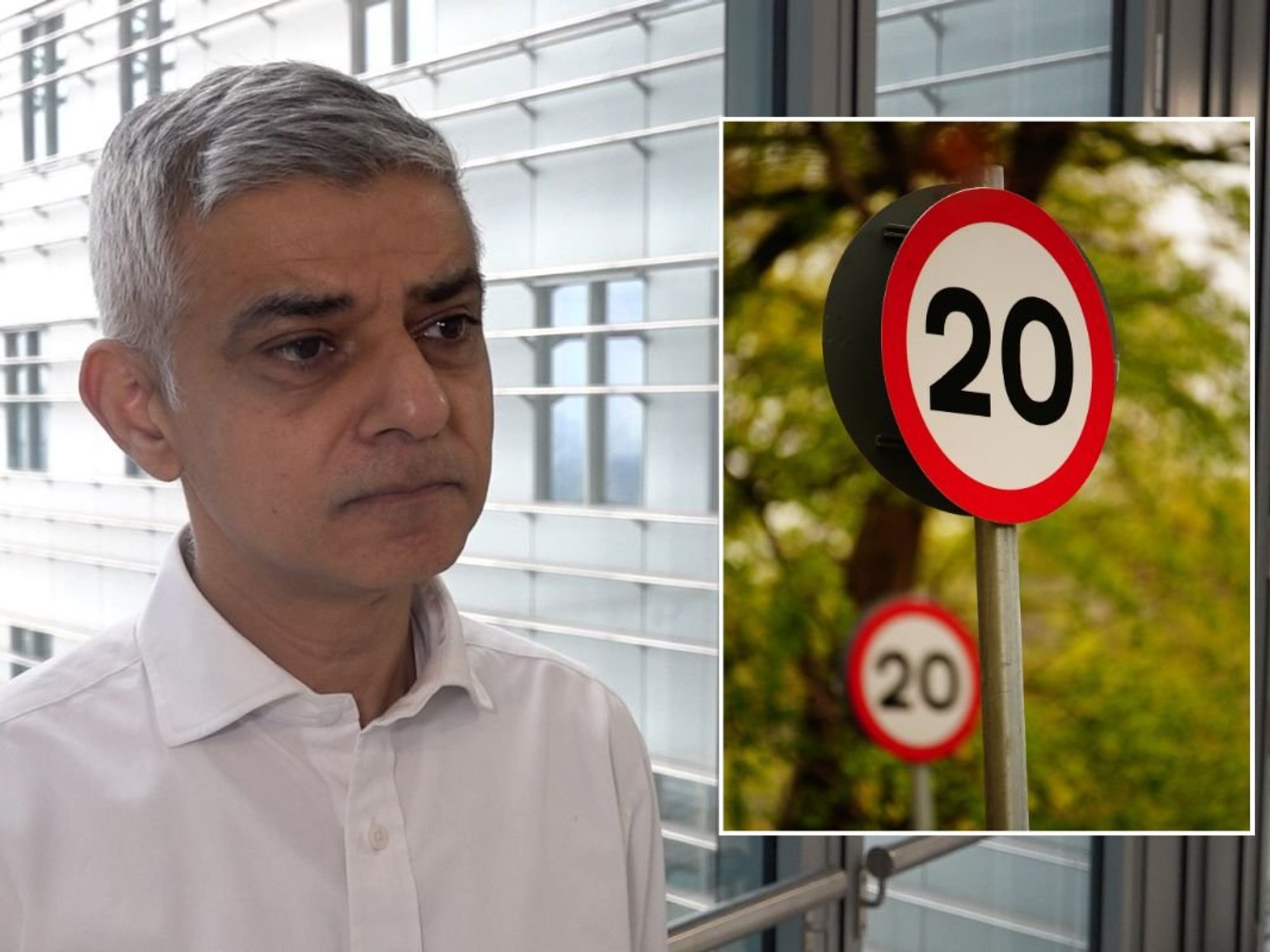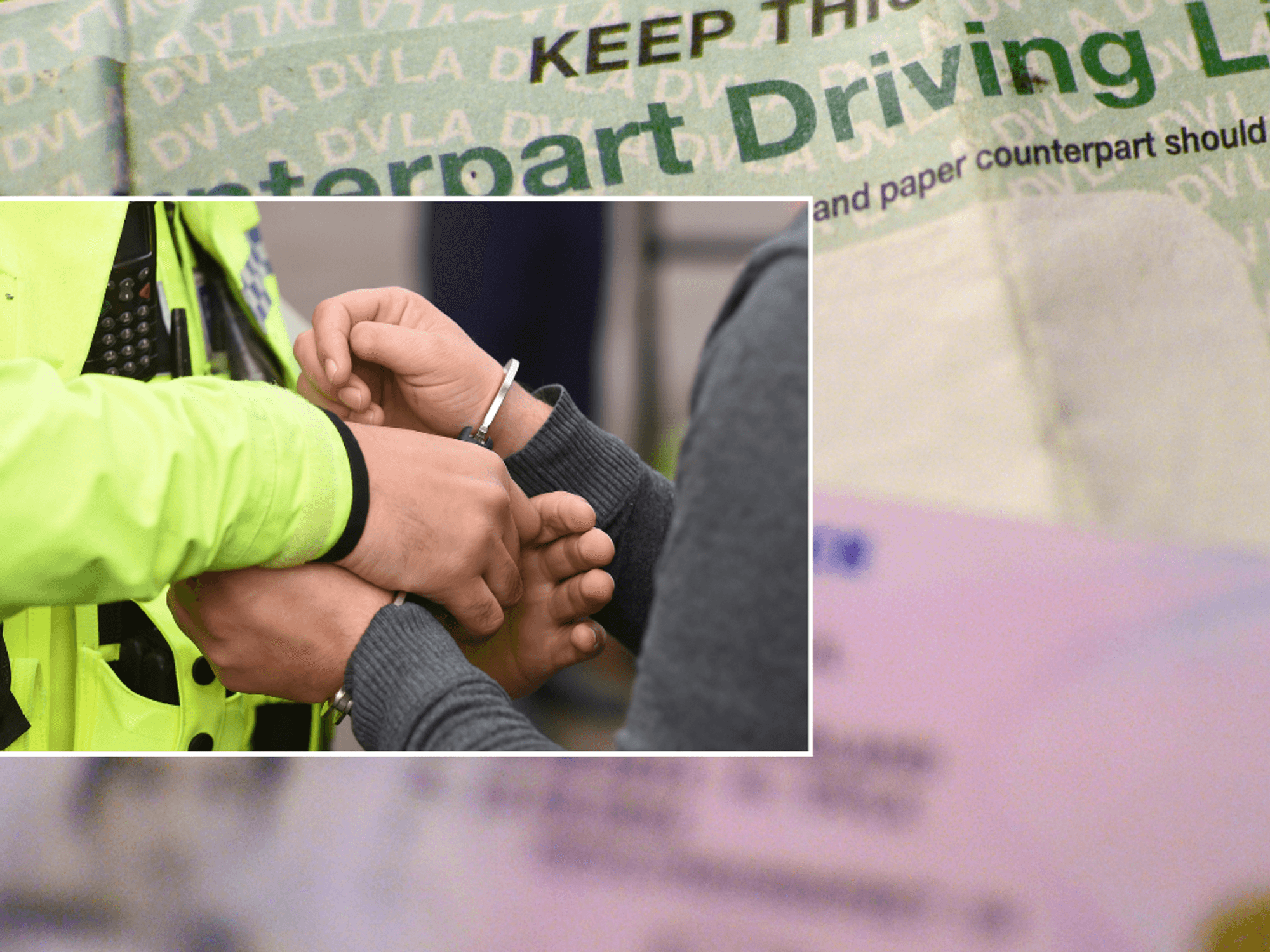Rachel Reeves told to make major car tax decision or millions of drivers could be hit with £3,100 charge

Sales of new electric cars and plug-in hybrid vehicles continue to flourish
Don't Miss
Most Read
Rachel Reeves is being urged to slash car taxes to ensure more drivers can invest in electric vehicles, as the UK's new car market grew by 1.6 per cent last month.
Experts have called on the Chancellor to scrap or amend the Expensive Car Supplement, which is applied to any vehicle which costs more than £40,000.
While it was originally intended to charge drivers of luxury vehicles more, the growth of electric cars has resulted in thousands of drivers being slapped with extra charges.
Since April, electric car owners, whose vehicles cost more than £40,000, are charged £425 a year for five years from the second year of registration.
Do you have a story you'd like to share? Get in touch by emailing motoring@gbnews.uk
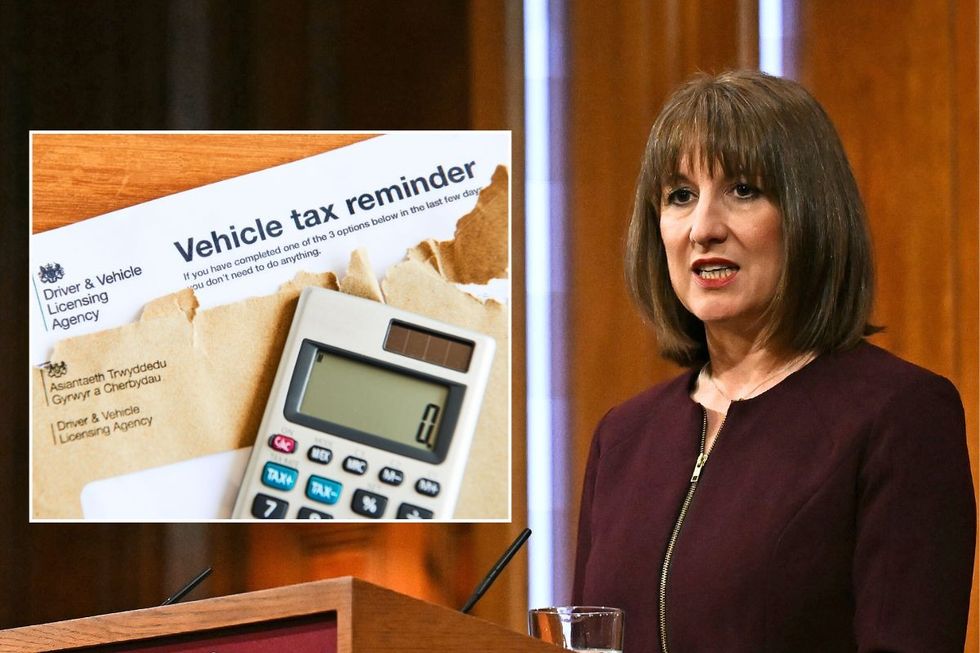
Chancellor Rachel Reeves has been urged to introduce new car tax measures
|GETTY
Drivers and industry experts have warned that this could have a knock-on effect for the uptake of electric vehicles, with motorists wanting to avoid the £3,100 cost.
Even though prices of new electric cars have been falling in recent years, many vehicles still cost more than £40,000, prompting calls for action.
The Society of Motor Manufacturers and Traders (SMMT) highlighted how removing electric vehicles from being eligible for the Expensive Car Supplement would send a clear signal that it was the right time for people to switch.
Mike Hawes, chief executive of the SMMT, said: "Next week’s spending review is the opportunity for Government to double down on its commitments to net zero by driving demand through fiscal measures that boost the market and shore up our competitiveness."
The SMMT also noted that halving the rate of VAT on new electric car purchases would lead to 267,000 new EVs joining the road, rather than fossil fuel vehicles.
Chancellor Rachel Reeves acknowledged in last year's Autumn Statement that the Government would consider amending rules for the ECS, noting there was a "disproportionate impact" on EVs.
However, documents stated this would only take place at the next "fiscal event", which will be the Autumn Budget towards the end of the year.
Despite this, experts are hoping that the Chancellor could reveal some plans for the uptake of electric cars in the spending review on Wednesday, June 11.
LATEST DEVELOPMENTS:
Jon Lawes, managing director at Novuna Vehicle Solutions, praised the Government for removing red tape on the installation of new electric vehicle chargers, calling it a "smart move".
He added: "But let’s be clear - EV uptake is still being propped up by the industry. If Government is serious about mass adoption, it needs to go further.
"Raising the VED threshold would be a smart, targeted step - right now, too many EVs are penalised by the luxury tax, and that’s slowing progress."
Potential suggestions for the new Expensive Car Supplement threshold could be as much as £50,000 or even £52,000, given that the threshold has not changed since the ECS was introduced in April 2017.
 The Expensive Car Supplement applies to all vehicles with a list price of more than £40,000 | PA
The Expensive Car Supplement applies to all vehicles with a list price of more than £40,000 | PAIt comes as new data shows continued growth for electric vehicles, with 32,738 new EVs registered in May, representing a growth of 25.8 per cent year-on-year.
In total, more than 150,000 new cars were registered, with electric vehicles now commanding an impressive market share of 21.8 per cent.
Sales of petrol and diesel cars continue to fall, with drivers turning their backs on polluting vehicles as electric, hybrid and plug-in hybrids become more popular.
May saw 71,291 new petrol cars and 7,792 diesel cars being delivered. Despite the totals, sales volumes have fallen 12.5 per cent and 15.5 per cent respectively compared to last year.


